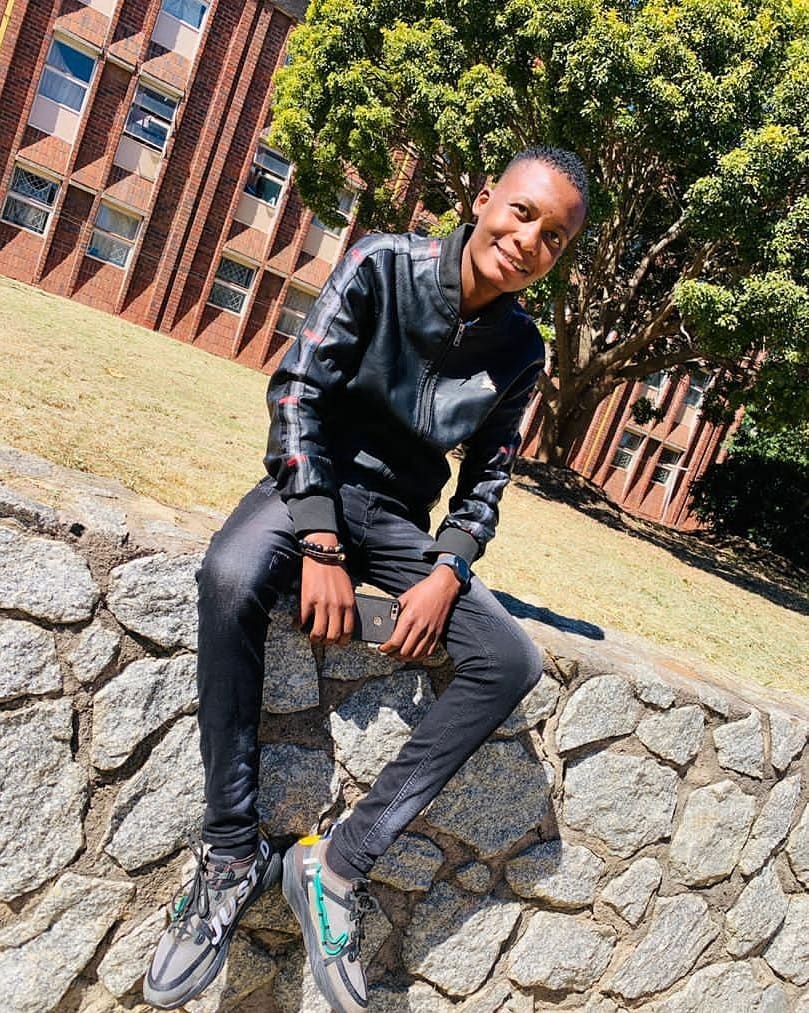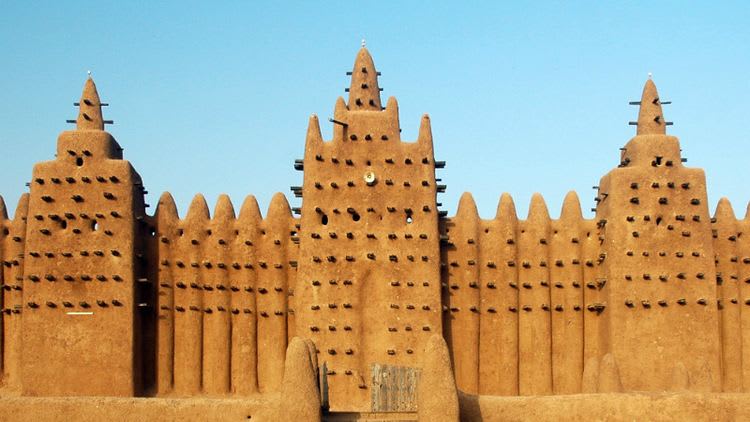The Portuguese used the Imbagala to Facilitate Slave Activities in Kongo and Angola
In the 16th century, Portuguese slave traders turned to the Congo and southwest Africa, after their stake in the slave trade was threatened by England and France in the northern part of the continent. Resultantly, Portuguese slave activities became a well-established form of accumulating wealth in the African continent. In some glaring yet lived historical realities, some African groups , kings ,elders and private individuals were also used as proxies and accessories in this contemptible ‘business’ exercise.
The trade in black Africans from their homelands by the Portuguese occurred at the instance of African rulers and some conquering military groups such as the Imbangala. A close probe into how Portuguese slave trade was made possible implicates certain figures who could have been wooed into buying in the idea through vain political promises and concessions. One of the political leaders who gave in to the whims of Portuguese slave traders was Queen Nzinga’s fierce political rivals, Hari. Today we investigate how the Portuguese used the Imbangala to ‘assist’ in slave buying activities in Kongo and Angola.
The Imbangalapeople rumoured to have hailed from Central Africa first appeared in Angola during the 17th century. In some other African historic texts, they are ‘confusingly’ referred to as the ‘Jaga’ people who invaded the Kwilu Dynasty of the Kingdom of Kongo. The Portuguese sometimes depended on the Imbangala for slave demands especially in the Brazil. The Imbangala were infamous for their raiding stents and conquering expeditions.
During their military conquests, the Imbangala preferred capturing youthful men, women and children. Oral tradition has it that the Portuguese were frequent bidders of Imbangala war captives. The war captives would proceed to be sold to the Portuguese by the Imbangala and the former would subject them to slavery or trade them in slave markets at the coast. One of the prime reasons why Queen Nzinga Mbande fought with the Imbangala was their unquenchable thirst for slave supply to the Portuguese slave traders. The incessant raid that the Imbangala conducted in the Ndongo Kingdom proved to have a significant bearing on the latter’s economy.
In the 17th century, the Imbangala became the main rivals of the Mbundu for slaves supply on he Luanda market. In the 1750s the Portuguese sold 5,000 to 10,000 slaves annually, devastating the Mbundu economy and population in the process. The Portuguese gave guns to Imbangala soldiers in return for slaves. People were also enslaved through inter-African conflicts, such as the civil wars in Kongo after 1665, and conflicts that occurred during the rise of the great Lunda Empire after 1750, in the Dembos region between Kongo and Matamba.
Armed with superior weapons, Imbangala soldiers captured and sold natives on a far larger scale as every new slave translated into a better-armed force of aggressors. This sustained the slave supply and modelled it into a going concern .A combined force of Portuguese and Imbangala soldiers attacked and conquered the Kingdom of Ndongo from 1618 to 1619, laying siege to the Ndongo capital of Kabasa.
The Portuguese sold thousands of Kabasa residents with 36 ships leaving the port of Luanda. The colonial power, Portugal, becoming ever richer and more powerful, would not tolerate the growth of these neighbouring states and subjugated them one by one. In doing so, they made use of Imbangala mercenaries to plunder kingdoms and capture human beings for slave trade. They also made use of puppet rulers like Hari and Kanini such that by the beginning of the 18th century the Portuguese had complete control over the entire area. From 1764 onwards, there was a gradual change from a slave-based society to one based on production for domestic consumption, and later for export. After the independence of Brazil from Portugal in 1822, the institution of slavery in Portugal's overseas possessions was abolished in 1836 by the Portuguese authorities.










